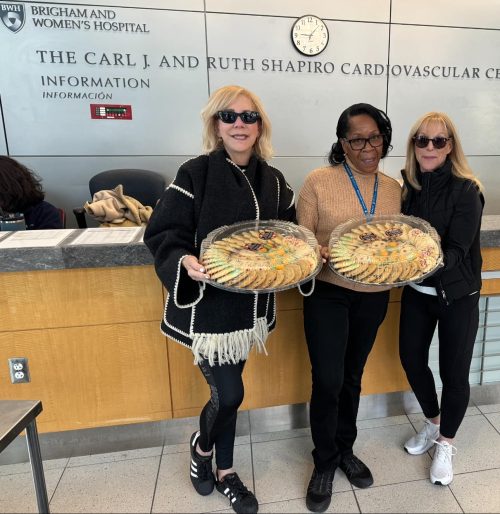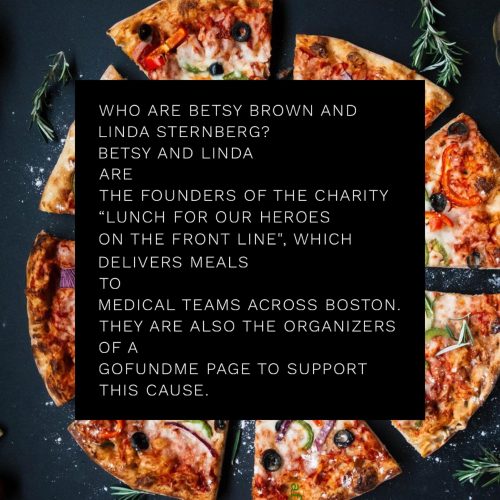
Volunteering is more than doing good for people—it’s a transcendent bond of connections. Whether it’s guiding young people, contributing to environmental causes, or volunteering at a food drive, volunteering at its core is about deepening society’s connections. Contributing time, energy, and effort to a cause creates a wave effect that goes beyond short-term returns. Volunteering cultivates a sense of compassion, a sense of empathy, and a sense of understanding—attributes which make communities strong even when faced with adversity.
Individuals tend to undervalue the amount of individual development a person receives through volunteering. The experience isn’t merely about providing assistance; it’s also about learning. Exposure to a variety of circumstances opens people up and allows them to recognize the problems of others. Through time, such recognition helps develop emotional intelligence and toughness—attributes that are likely to impact both personal and professional lives.
Building Stronger Communities
Societies need society-wide efforts for them to flourish. Volunteerism is a primary mechanism that allows individuals from all walks of life to unite and have a shared aim. When individuals act towards a shared vision—to renovate public playgrounds, support neighborhood cleanup initiatives, or have charity events—they create deeper social ties. This type of activity creates closer cooperation and interdependence, both of which are characteristics of a healthy society.
Organizations rely on volunteers for several programs benefiting directly at-risk groups. For instance, local kitchens and shelters survive on the efforts of devoted volunteers who give their time without pay. The ultimate product is a more equitable society whereby all individuals are respected and cared for. In most cases, volunteering also initiates new partnerships and projects, which encourage the establishment of resilient projects lasting longer than efforts of any sole individual person.
Personal Development Through Service
Volunteering has the power to deeply impact one’s sense of self and direction. Helping out promotes self-exploration, allowing individuals to become clearer on values and what they consider a priority. This is a time for people to recognize overlooked talents—such as leadership, compassion, or originality—that won’t necessarily become apparent through daily activities. Volunteers often experience enhanced mental health, a greater sense of delight, and a closer feeling of full membership.
From a professional perspective, volunteering also gives one relevant experience that refines communication, teamwork, and problem-solving skills. For both students and working professionals, it can be an unofficial classroom where real-world problems stimulate thought adaptability. Exposure to varying work areas also gives a gateway to newfound interest or even a prospective profession. For example, someone volunteering on community construction sites might have a new interest for skilled trades or civic infrastructure jobs.
The Psychological and Emotional Advantages
The act of giving time without any expectation of returns has been proved to decrease stress and enhance the level of happiness. Psychologically, volunteering stimulates dopamine release, also known as the “helper’s high.” This natural mood elevation goes hand-in-hand with a reduction of symptoms of depression and anxiety. Belonging with a cause helps shift the attention away from individual problems, exemplifying mindfulness, gratitude.
Additionally, volunteering fortifies social connections, one of the biggest predictors of a person’s emotional health. Humans have a need for connecting, and volunteering fills that need for community. As social networks and friendships expand through volunteering, so does the confidence and optimism for the future. Whether rescuing animals or instructing seniors on using computers, the mutual goal creates a sense of joy and accomplishment that few activities are able to equal.
Charity Work For Good
The charity, “Lunch For Our Heroes On The Front Line,” was founded by Betsy Brown and Linda Sternberg. They began delivering lunch and dinners to local Boston hospitals at the start of the COVID-19 pandemic, initially funding the project all on their own. Overtime, they received generous donations, enabling them to expand their reach. Eventually they created a GoFundMe page to continue delivering meals to the medical teams in the ICU, ER, Pediatric, Neurology and Cardiology units. To date, their amazing team has delivered over 50,000 meals to more than 900 hospitals, receiving heartfelt appreciation from the hospital staff. Their mission is to continue supporting these heroes with meal deliveries, made possible by donations to their GoFundMe. Starting a charity like this greatly enhanced their life and happiness as they find joy giving back to their community.
Volunteering on a Daily Basis
Volunteering needn’t necessarily involve a big time or formal commitment. Little acts, like helping out next door or conducting recycling campaigns or contributing at school, all help make a difference positively. These small acts of kindness prove that community impact starts at home. Smaller, regular efforts, too, can create a culture of accountability and compassion.
Increasing numbers of companies now support volunteer days, which give staff the opportunity to undertake social projects during company time. These schemes are beneficial both for the business, which gains from refreshed, motivated workers, and for the wider community, which receives the benefit of professional expertise at a local level. For companies whose areas of specialization lie within the realm of technical or trade experience, a meaningful act of giving back might be mentoring apprentices or providing discounted services. Residential electrical services, for instance, might spend their volunteer time assisting with wiring upgrades at community centers or contributing towards safety initiatives within disadvantaged neighborhoods.
Strengthening Civic Action
Volunteering encourages active citizenship. As individuals engage directly in local issues, they stay more attuned to policies, resources, and mechanisms that decide the prosperity of their society. This is likely to translate into active engagement in civic activities such as voting, being a presence at council meetings, or agitation for societal changes. This makes volunteering more than a display of good intentions but a spur for democratic activity.
Societies flourish when individuals are emboldened to act, rather than expect some other solution from outside. Local efforts, ranging from neighborhood patrols through youth mentoring, lay the ground for long-term stability. Volunteerism makes a case for shared accountability, showing how individual efforts on a modest scale translate into large-scale advancements. This engagement also forges confidence between institutions and societies, paving the ground for cooperation sustaining development and societal cohesion.
Passing the Torch: Involving Other People
Acts of service spread contagiously. Seeing other people donate time tends to encourage even more individuals to participate, forming a cycle of giving that deepens the bonds of society. Volunteer households also pass on these principles to the next generations, instructing them on empathy and accountability at a young age. Schools and youth groups also make volunteerism a part of their activities, recognizing that it instills a sense of direction that remains long after people leave school.
The volunteerism legacy isn’t just seen in short-term results; it’s gauged by the way it shifts the collective mentality of societies. When volunteering is a common practice, people feel a part of a whole. This collective mentality promotes working together when emergencies happen, and it instills a sense of need for support between members of society.
The Power of Giving for Transcendence
Volunteering bridges the gap between individual aspirations and collective progress. It transforms compassion into action and empowers people to shape their surroundings positively. Through service, individuals find purpose, communities gain strength, and society moves toward greater inclusivity and resilience.
The greatest marvel of volunteering is its payback—givers often receive much more than what they give. Through new relationships, self-development, or a rediscovery of being part of a whole, volunteering provides enrichment that goes beyond financial compensation. The doing of it is a declaration of hope, for it shows that tangible change starts when people decide to care and share.
With a sense of service, everybody can create a world based on empathy and oneness—one good turn at a time.
XOXO,



